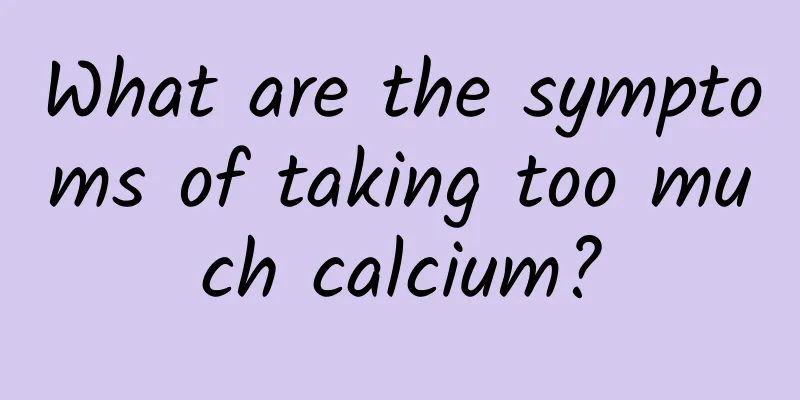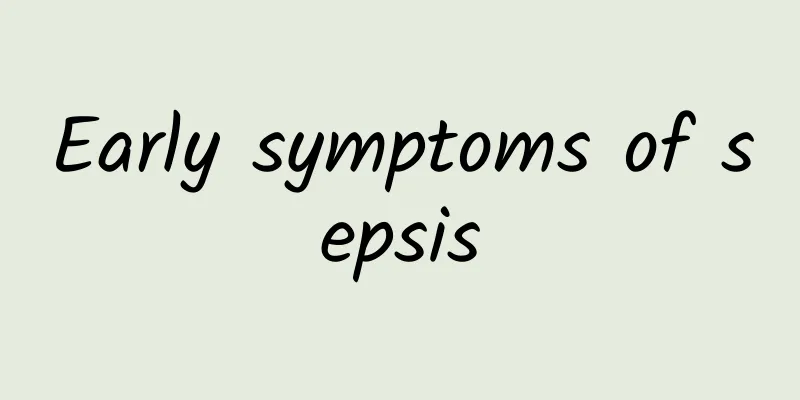Why do I often have a half headache?

|
There is an essential difference between half a headache and a general headache, which generally refers to the right half of the headache. As for what caused the half headache, it was most likely due to damage to the nerves in the brain. The cause of half a headache may also be trigeminal neuralgia, which is mainly manifested by severe pain in the trigeminal nerve. The headache on the right side is mainly caused by damage to the nerves in the brain. It is not impossible that it is caused by secondary trigeminal neuralgia. Trigeminal neuralgia occurs in the distribution area of the trigeminal nerve in the face, and causes severe pain, like electric discharge and knife-like pain. It is a neurological disease that is difficult for ordinary people to bear and has a high incidence rate. Patients with trigeminal neuralgia often dare not wipe their face, eat, or even swallow their saliva, which affects their normal life and work. Patients with trigeminal neuralgia will often suffer from headaches, and there are many causes of secondary trigeminal neuralgia, mainly the following: 1. Vascular compression theory Some scholars believe that 80% of secondary trigeminal neuralgia is caused by arterial compression of the trigeminal nerve. Some people also suggest that because the bony top of the internal carotid artery is replaced by a thin layer of connective tissue, the ventral surface of the semilunar ganglion is in long-term close contact with the pulsating artery, causing compression and producing trigeminal neuralgia. 2. Mechanical compression theory Some scholars have proposed that trigeminal nerve is caused by compression of the trigeminal nerve root by the petrous ridge. Some people have found that trigeminal neuralgia often occurs in postmenopausal women, probably because of their osteoporosis, decalcification of the skull, and gradual sinking of the skull base. Basilar skull depression is the main factor causing trigeminal neuralgia. 3. Ischemia theory Trigeminal neuralgia is more common in middle-aged and elderly people over 50 years old, and is easily complicated by atherosclerosis and cerebral ischemia. Therefore, some people have proposed that trigeminal neuralgia is caused by repeated ischemia of the nerve cells in the trigeminal ganglion. 4. Central nervous system etiology Some scholars explain trigeminal neuralgia as thalamic syndrome, similar to epileptic seizures. The lesion is not on the trigeminal nerve root, semilunar ganglion or peripheral branches, but is caused by thalamic-cortical dysfunction and abnormalities of the spinal trigeminal nucleus. 5. Other theories Some people believe that secondary trigeminal neuralgia is caused by focal or viral infection, so they put forward the infection theory; others put forward the allergic reaction theory that because most patients have reduced gastric acid and protein indigestion, they produce histamine or histamine-like substances (protein interleukin, etc.), which cause allergic edema of the trigeminal nerve and lead to trigeminal neuralgia. In addition, some people believe that trigeminal neuralgia has a familial tendency and speculate that it has a certain relationship with genetics. |
<<: I get a headache when the wind blows. Do you know why?
>>: What causes headaches during pregnancy? Four causes to know
Recommend
What to do if sandworms grow on your feet
Sandworm foot is what we usually call athlete'...
Bilateral axillary accessory breast
Having accessory breasts in both armpits is a rel...
Methods for treating kidney deficiency and impotence, three medicinal diet recipes for treatment
Kidney deficiency and impotence is a common disea...
Does a gallstone of 1.5 cm require surgery?
Gallstones are a relatively common disease in dai...
Pain in the upper buttocks and lower back
If you experience pain in your buttocks or lower ...
Are ruptured capillaries serious?
In life, you will definitely find that some peopl...
Why are my armpits always itchy?
Why are our armpits always itchy? We may have enc...
Colon cancer liver metastasis
We will meet many people, experience many things,...
What to eat when you have a cold
When you have a cold, in addition to paying atten...
Symptoms of poor ovarian function and treatment methods for poor ovarian function
Poor ovarian function in women often affects thei...
Calculate fetal weight based on uterine height and abdominal circumference
We all know that the physical health of pregnant ...
Spinocerebellar degeneration
The spine is the most important axial skeleton in...
Unexplained bruises on legs
Many people get bruises on their legs without kno...
It's so itchy here, it's so embarrassing! Touch and press to quickly relieve itching
Do you find the itchiness and stickiness from you...
What to do if facial nerve necrosis
In our eyes, our face refers to how big our eyes ...









